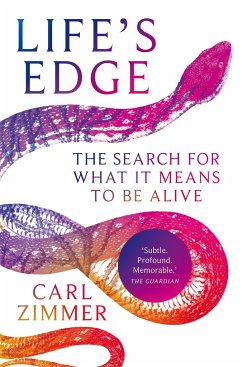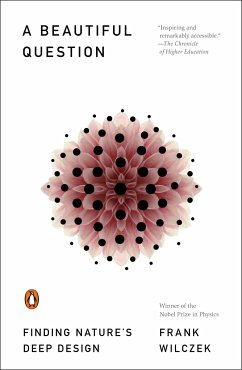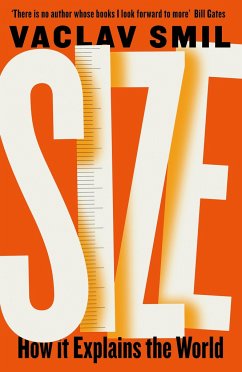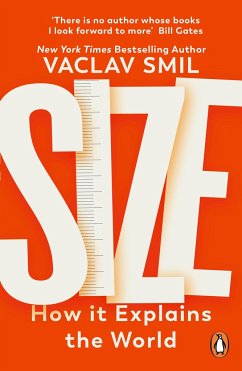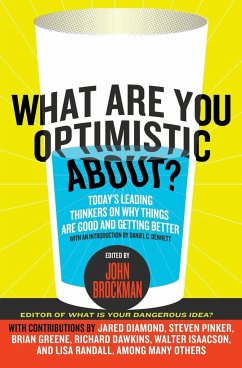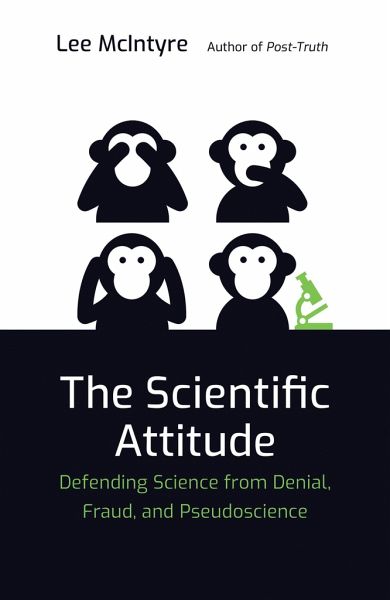
The Scientific Attitude
Defending Science from Denial, Fraud, and Pseudoscience
Versandkostenfrei!
Versandfertig in 1-2 Wochen
14,99 €
inkl. MwSt.

PAYBACK Punkte
7 °P sammeln!
This intelligent treatise articulates why the pursuit of scientific truths, even if inevitably flawed . . . matters in our post-truth world (Publishers Weekly).What separates science from other disciplines? An attitude that respects evidence and is willing to evolve as new evidence arises.Attacks on science have become commonplace. Claims that climate change isn t settled science, that evolution is only a theory, and that scientists are conspiring to keep the truth about vaccines from the public are staples of some politicians rhetorical repertoire. Defenders of science often point to its disc...
This intelligent treatise articulates why the pursuit of scientific truths, even if inevitably flawed . . . matters in our post-truth world (Publishers Weekly).
What separates science from other disciplines? An attitude that respects evidence and is willing to evolve as new evidence arises.
Attacks on science have become commonplace. Claims that climate change isn t settled science, that evolution is only a theory, and that scientists are conspiring to keep the truth about vaccines from the public are staples of some politicians rhetorical repertoire. Defenders of science often point to its discoveries (penicillin! relativity!) without explaining exactly why scientific claims are superior.
In this book, Lee McIntyre argues that what distinguishes science from its rivals is what he calls the scientific attitude caring about evidence and being willing to change theories on the basis of new evidence. The history of science is littered with theories that were scientific but turned out to be wrong; the scientific attitude reveals why even a failed theory can help us to understand what is special about science. In this book, McIntyre explores:
Historical cases that illustrate both scientific success and failure
The transformation of medicine from a practice based on hunches to a science based on evidence
Scientific fraud and ideology-driven denialists, pseudoscientists, and skeptics
How social science should embrace the scientific attitude
Ultimately, McIntyre says, the grounding of science in evidence offers a uniquely powerful tool in the defense of science itself.
What separates science from other disciplines? An attitude that respects evidence and is willing to evolve as new evidence arises.
Attacks on science have become commonplace. Claims that climate change isn t settled science, that evolution is only a theory, and that scientists are conspiring to keep the truth about vaccines from the public are staples of some politicians rhetorical repertoire. Defenders of science often point to its discoveries (penicillin! relativity!) without explaining exactly why scientific claims are superior.
In this book, Lee McIntyre argues that what distinguishes science from its rivals is what he calls the scientific attitude caring about evidence and being willing to change theories on the basis of new evidence. The history of science is littered with theories that were scientific but turned out to be wrong; the scientific attitude reveals why even a failed theory can help us to understand what is special about science. In this book, McIntyre explores:
Historical cases that illustrate both scientific success and failure
The transformation of medicine from a practice based on hunches to a science based on evidence
Scientific fraud and ideology-driven denialists, pseudoscientists, and skeptics
How social science should embrace the scientific attitude
Ultimately, McIntyre says, the grounding of science in evidence offers a uniquely powerful tool in the defense of science itself.








